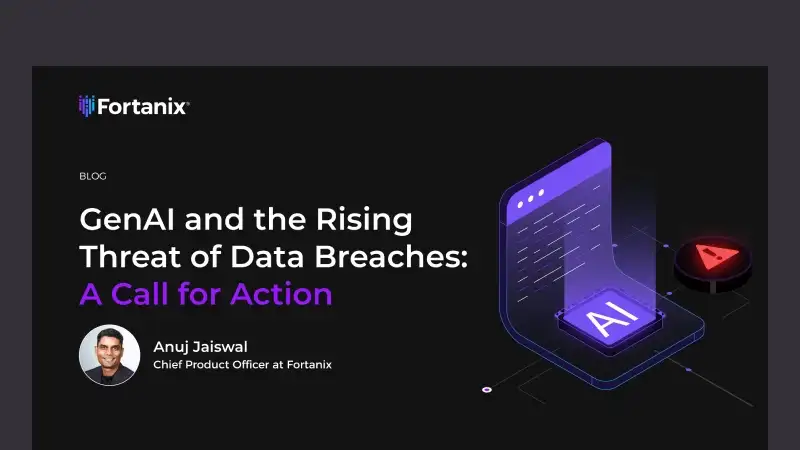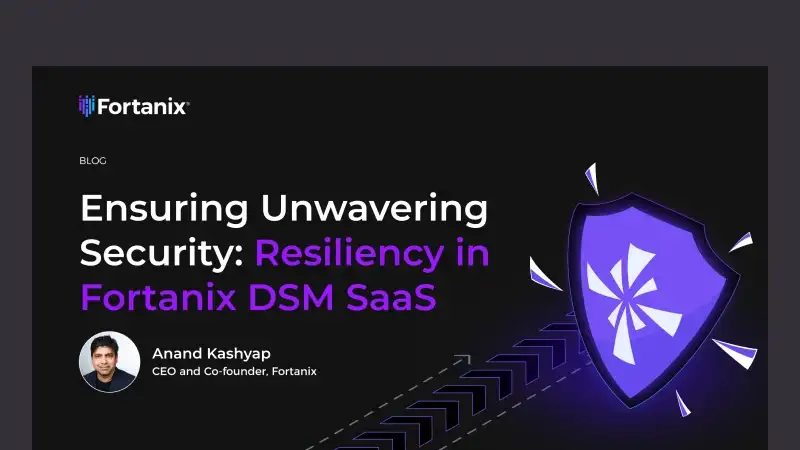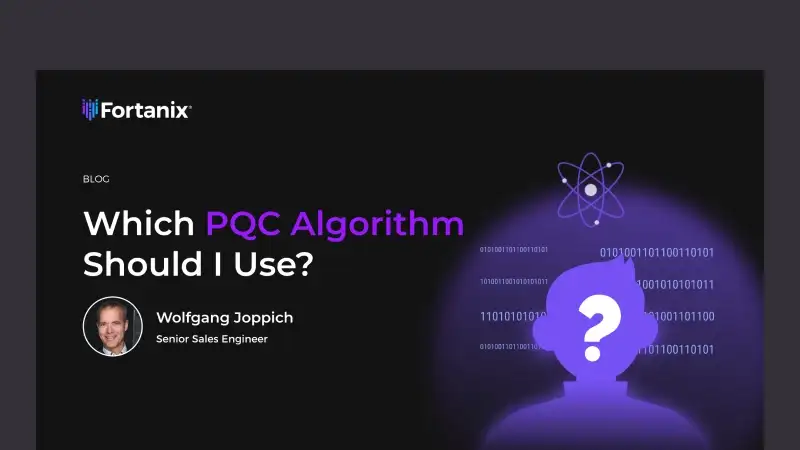Overview
The Gramm-Leach-Bliley Act (GLBA) aims to modernize the U.S. financial industry while addressing growing concerns over consumer data privacy. It allows financial institutions to integrate services but imposes strict regulations on how they collect, share, and protect personal private information (PII). Complying with GLBA presents several challenges, including securing PII data in complex IT environments, managing third-party risks, and staying ahead of the ever-evolving cyber threats. Additionally, financial institutions must maintain robust monitoring, reporting, and auditing to meet regulatory standards.

How Fortanix Helps
Fortanix delivers essential data security capabilities through a unified platform, enabling financial organizations and their ICT providers to identify at-risk services, prioritize remediation efforts, and safeguard sensitive data across all layers and systems—both on-premises and in the cloud.

Cryptographic Posture Management
Manage assets and vulnerabilities by discovering, assessing, and remediating your encryption key security gaps. Get powerful insights into your cryptographic security posture across multi-cloud and on-prem environments for a complete inventory and visibility.

Data Encryption and Tokenization
Protect your information systems with data encryption across databases, virtual machines, filesystems, and multi-cloud for complete security and compliance without performance loss and at scale. With data tokenization in place, replace sensitive data to prevent data exposure while putting it work.

Encryption Key Management
Meet cybersecurity requirements for cryptography with centralized and simplified key lifecycle management for the hybrid multicloud, through a single-pane-of-glass. Store keys in natively integrated FIPS 140-2 level 3 certified HSM, available on-premises or SaaS.

Secure AppDev
Enforce secure code standards across the storage, control and management of secrets, credentials, certificates, API keys, and tokens from a centralized solution with enterprise-grade controls. Cryptographically sign code to verify the authenticity and integrity of applications, ensuring they are not altered or corrupted.

Zero Trust Architecture
Implement essential cybersecurity controls with granular Role-Based Access Controls and other advanced operational and security features. Ensure that only authorized users can access encryption keys or see decrypted data for a specified duration of the business case.
Resources


Case Study
Global Laboratory Services Leader Secures Data Worldwide with Fortanix Data Security Manager (DSM)

Case Study
Global IT Leader Achieves Security and Compliance with Fortanix Cloud-first, DevOps friendly solution

Case Study
Global information technology and business process services leader solves its PII data privacy challenge with Fortanix














